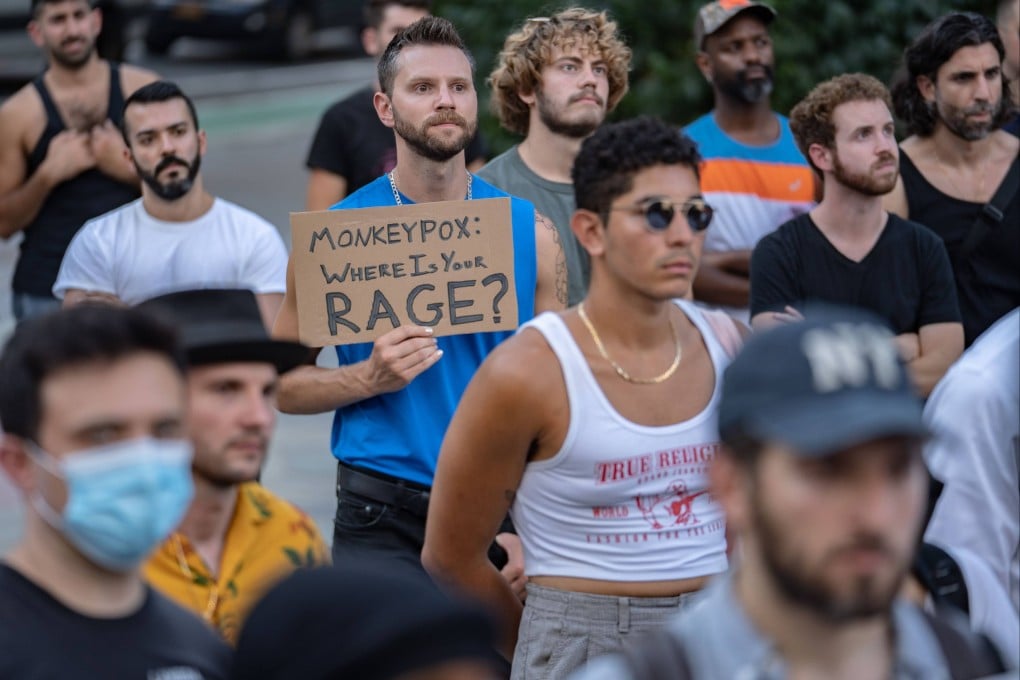Lunar | Monkeypox outbreaks increase the urgency of the fight against homophobia
- Government mixed messaging recalls the early years of the Aids crisis, when the disease was seen as affecting only the ‘gay community’, resulting in insufficient deployment of resources
- In Asia, where gay sex is outlawed in several countries, the fear of stigmatisation and worse is preventing people from coming forward to be tested

“Monkeypox is not a gay disease”: these are the words that Andy Seale, a World Health Organization adviser and other health experts, have had to repeat over and over again in the past weeks.
While the WHO is putting much effort into preventing stigma against those most affected, governments have failed to do so.
Since the first cases of monkeypox were reported in Europe in May, the virus has been deployed as a political weapon against the LGBTQ community, with anti-LGBTQ conspiracy theories and misinformation spreading online.
In the United States, the country with the largest number of known monkeypox cases, at least two far-right politicians suggested on social media the only reason children were infected by the virus was because they had been molested by gay men. This dangerous narrative was quickly debunked, and the World Health Organization has stepped up efforts to better educate the population. But the harm was done.
Monkeypox has not been classified a sexually transmitted infection. Many are drawing comparisons to the early years of the HIV/Aids pandemic. In the 1980s, gay and bisexual men were blamed as the main cause of HIV spread, even though heterosexual sex, contaminated blood products and needles, and mother to child transmission were also modes of transmission. Governments’ failure to address the epidemic on time, and a lack of investment in prevention resulted in a heavy stigmatisation of the community.
As Aids activist Rae Lewis-Thornton said in an op-ed in The Washington Post, “The sad truth is that while humans discriminate against people, viruses do not.”
